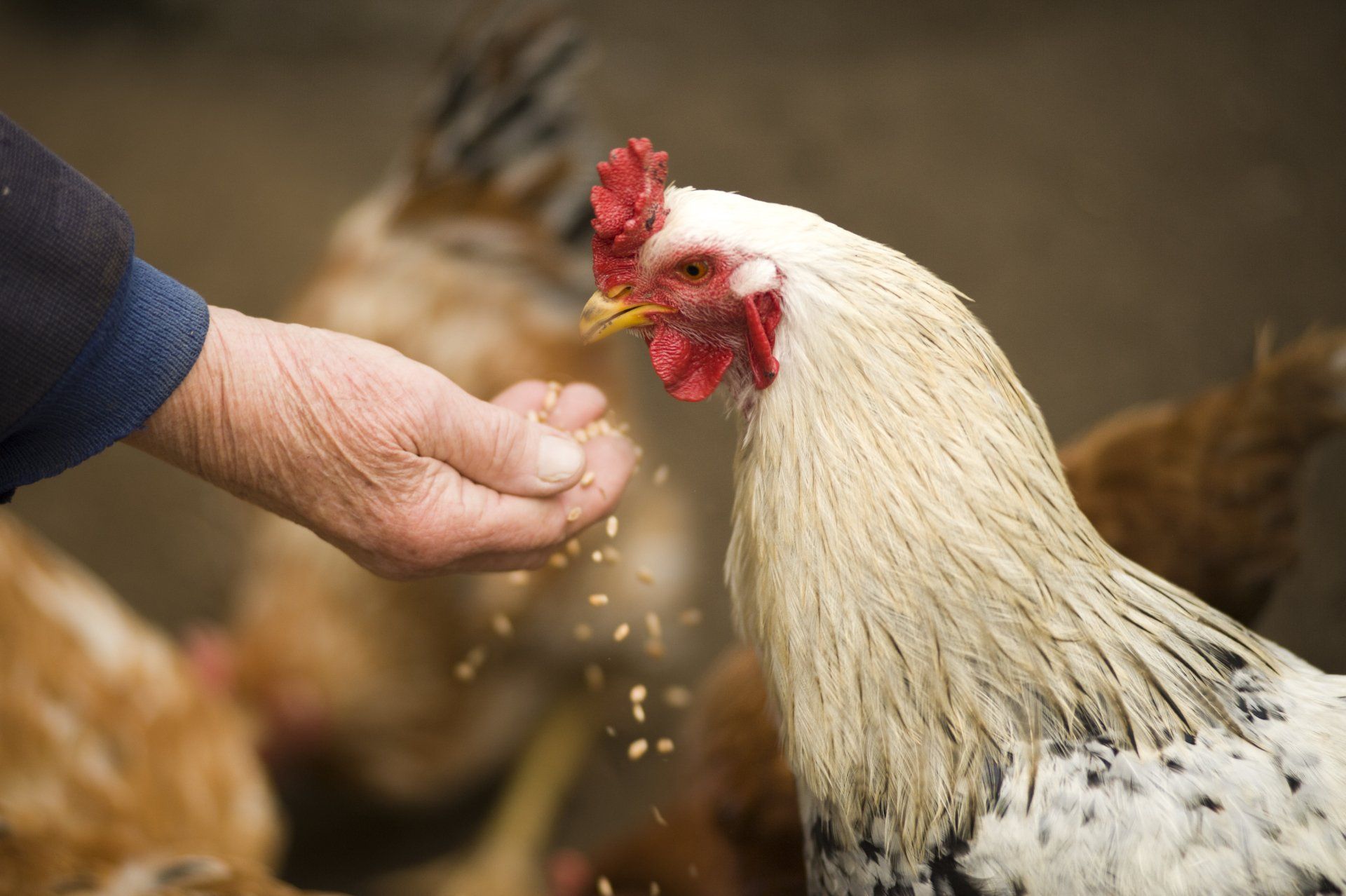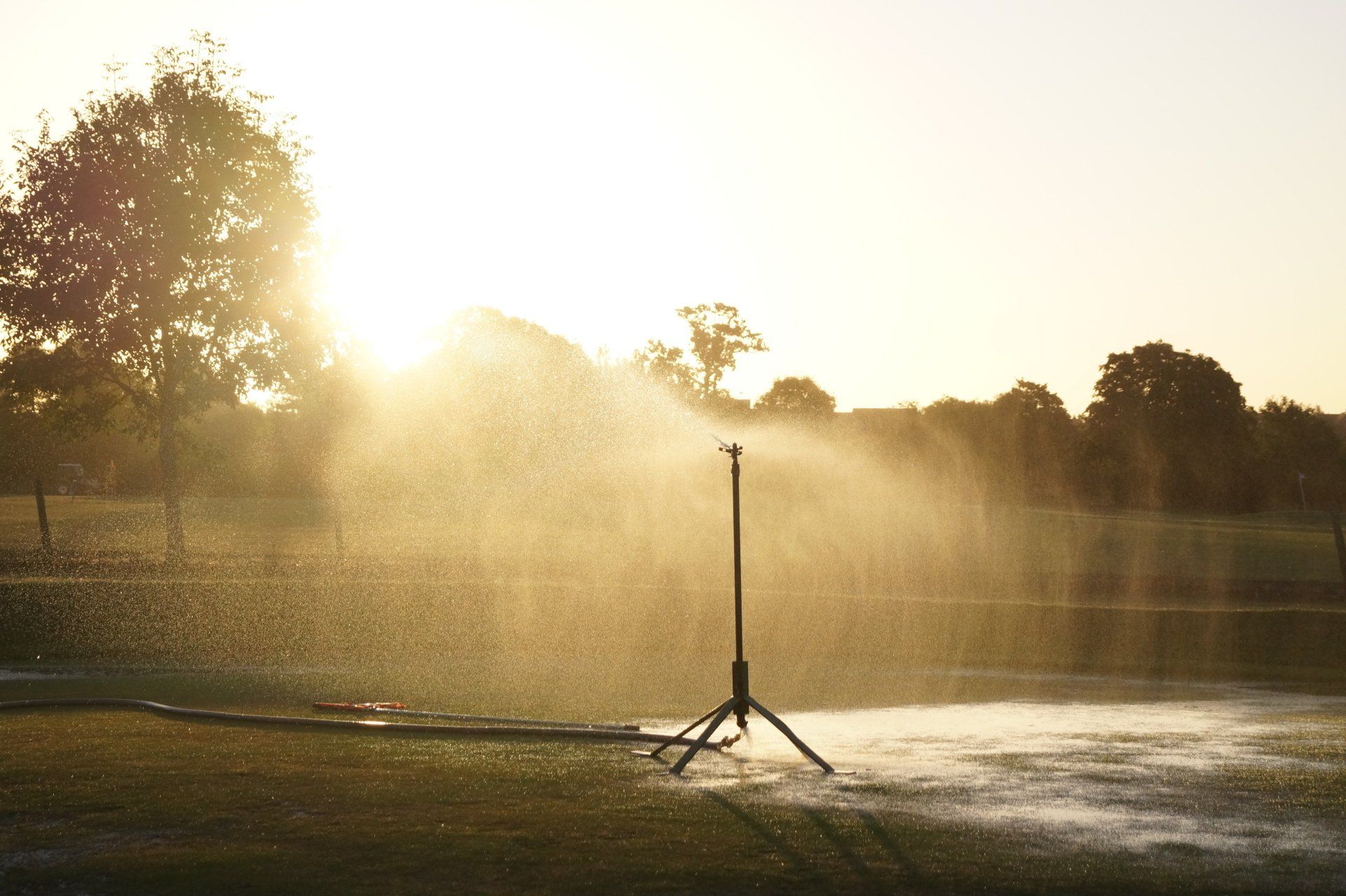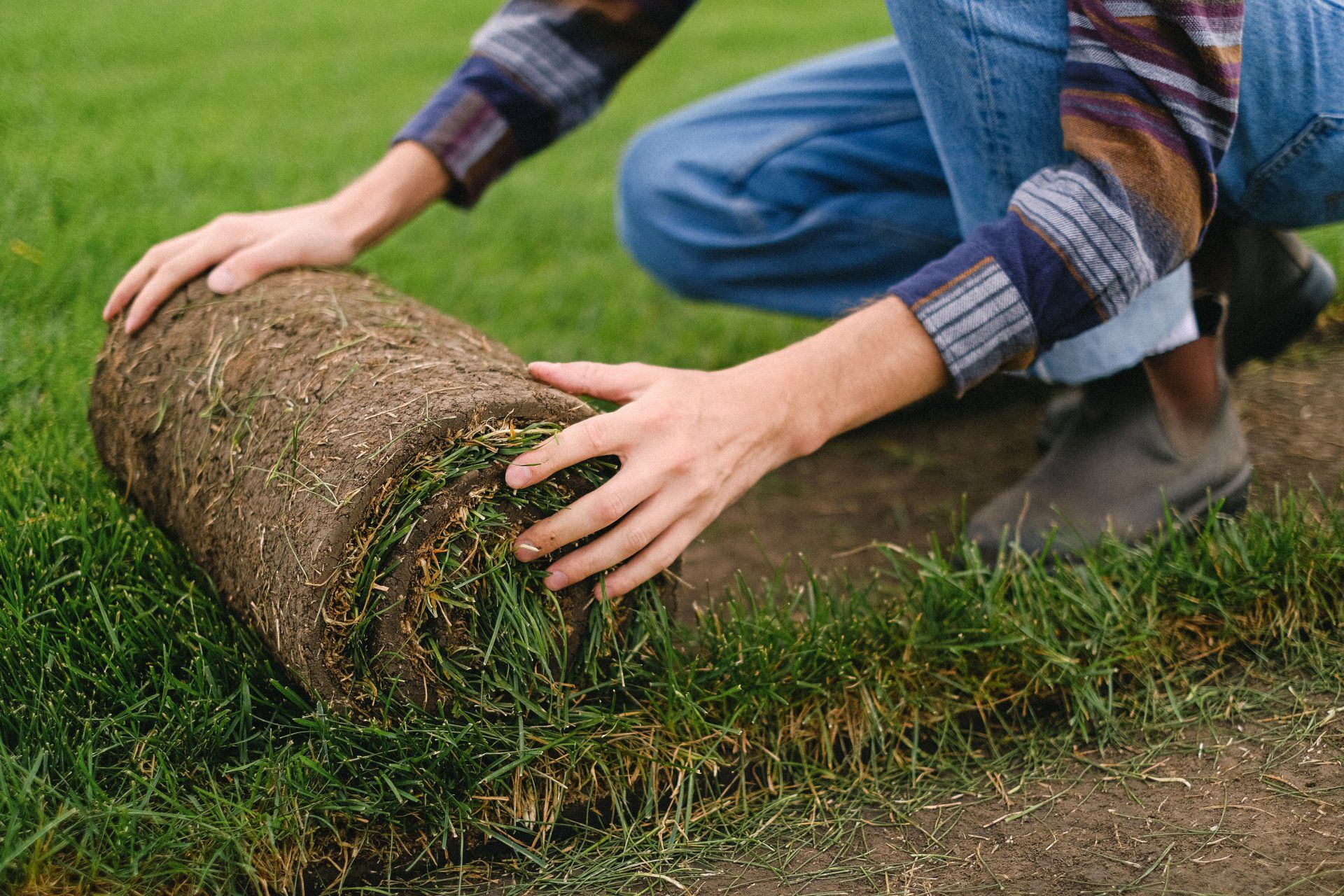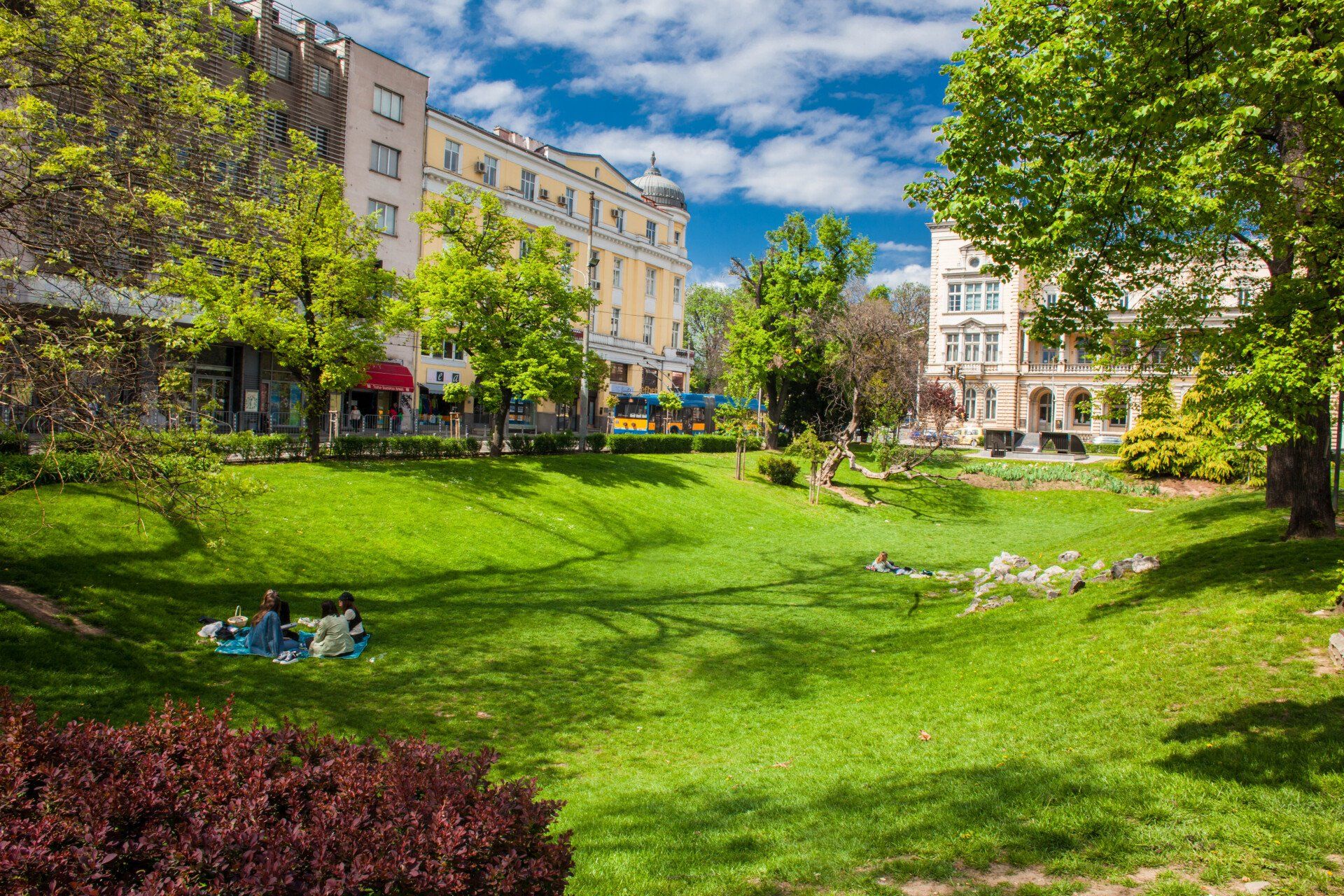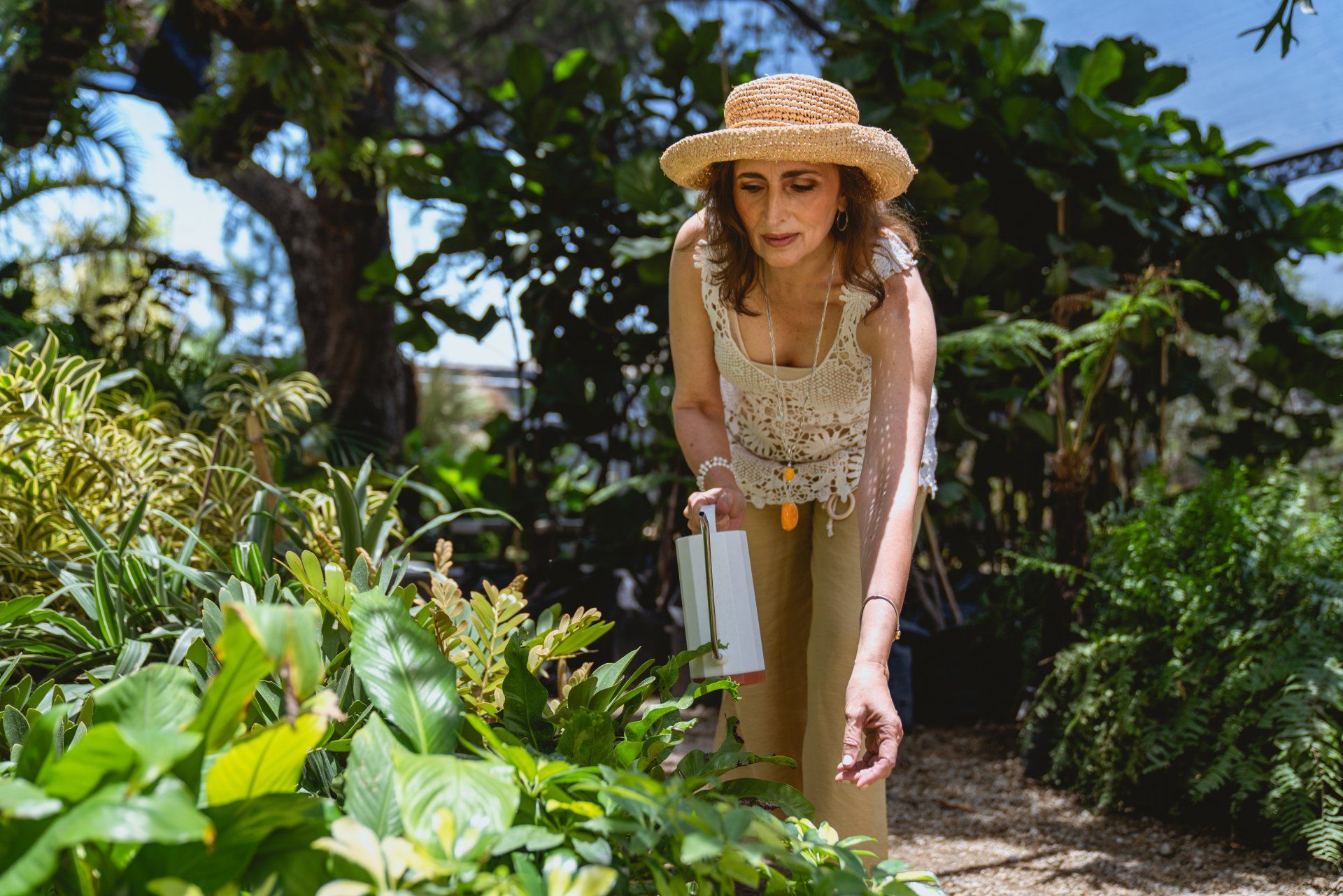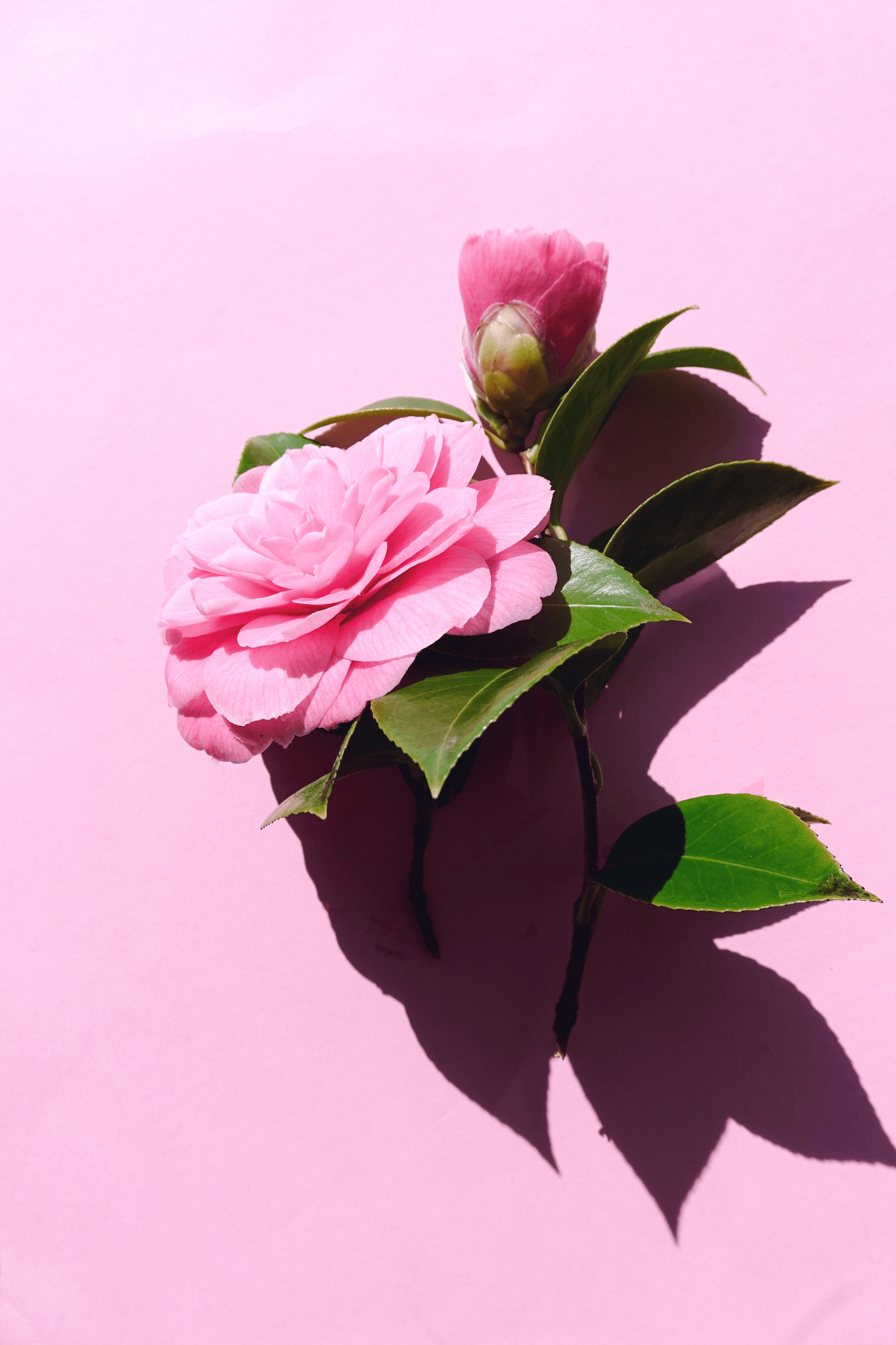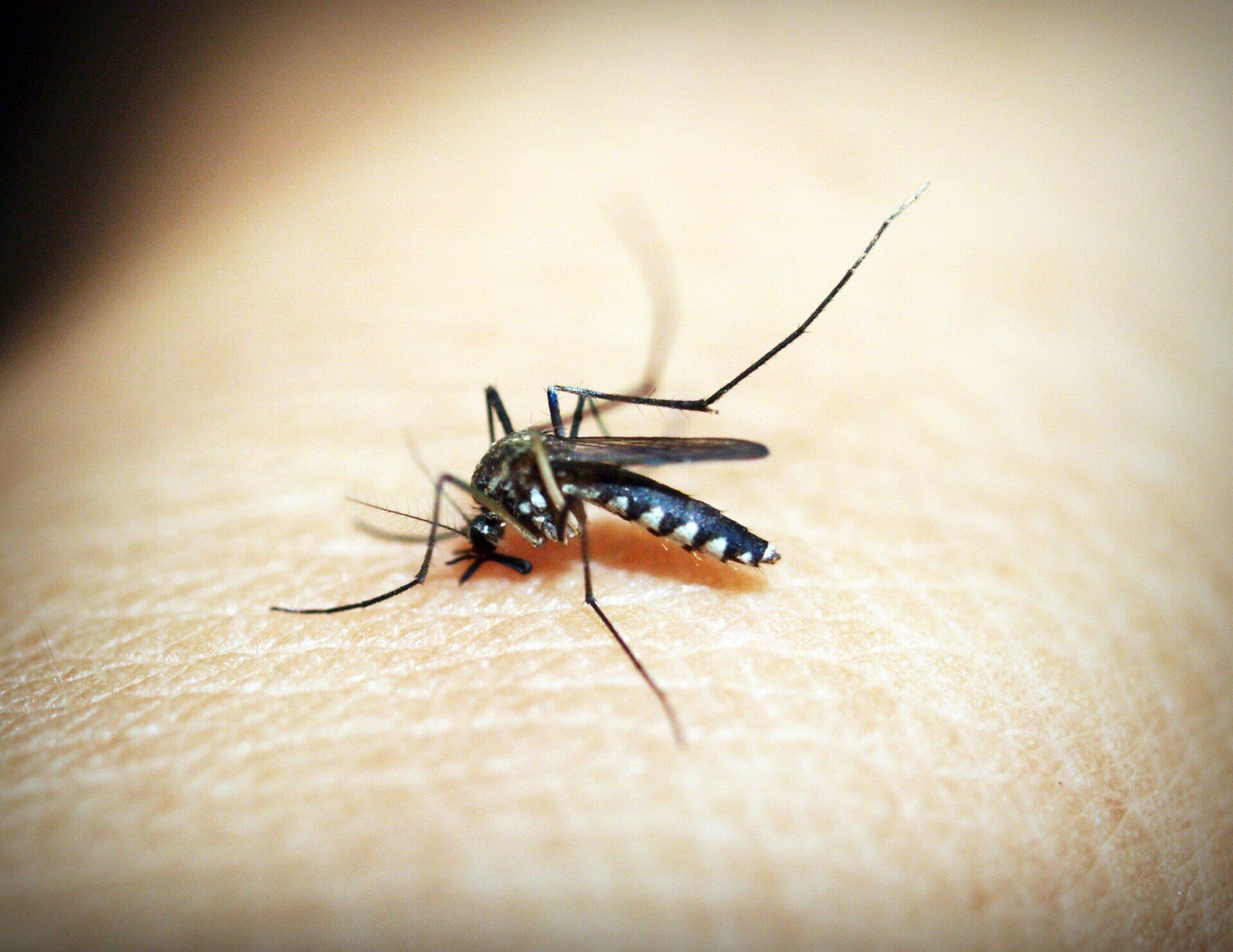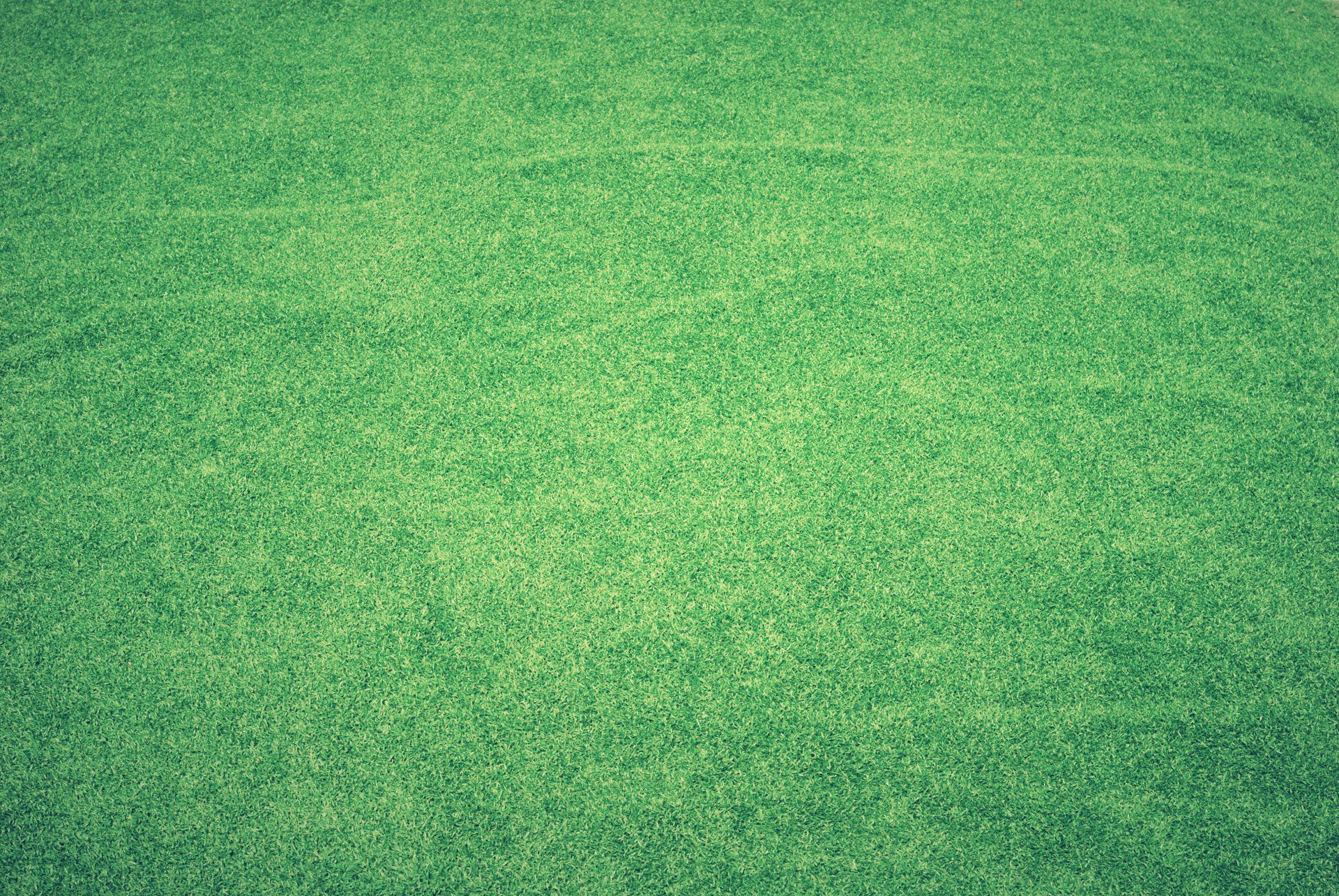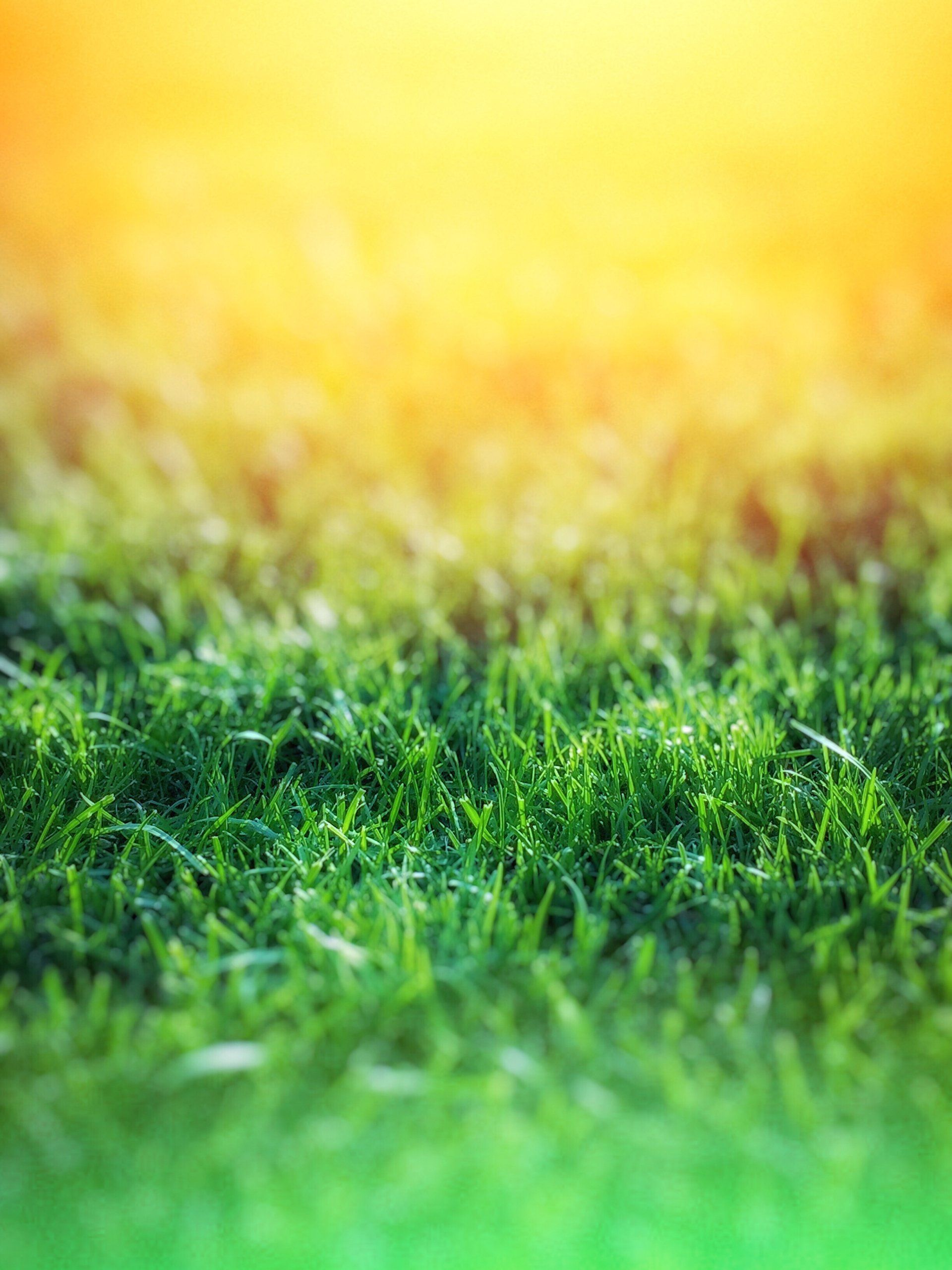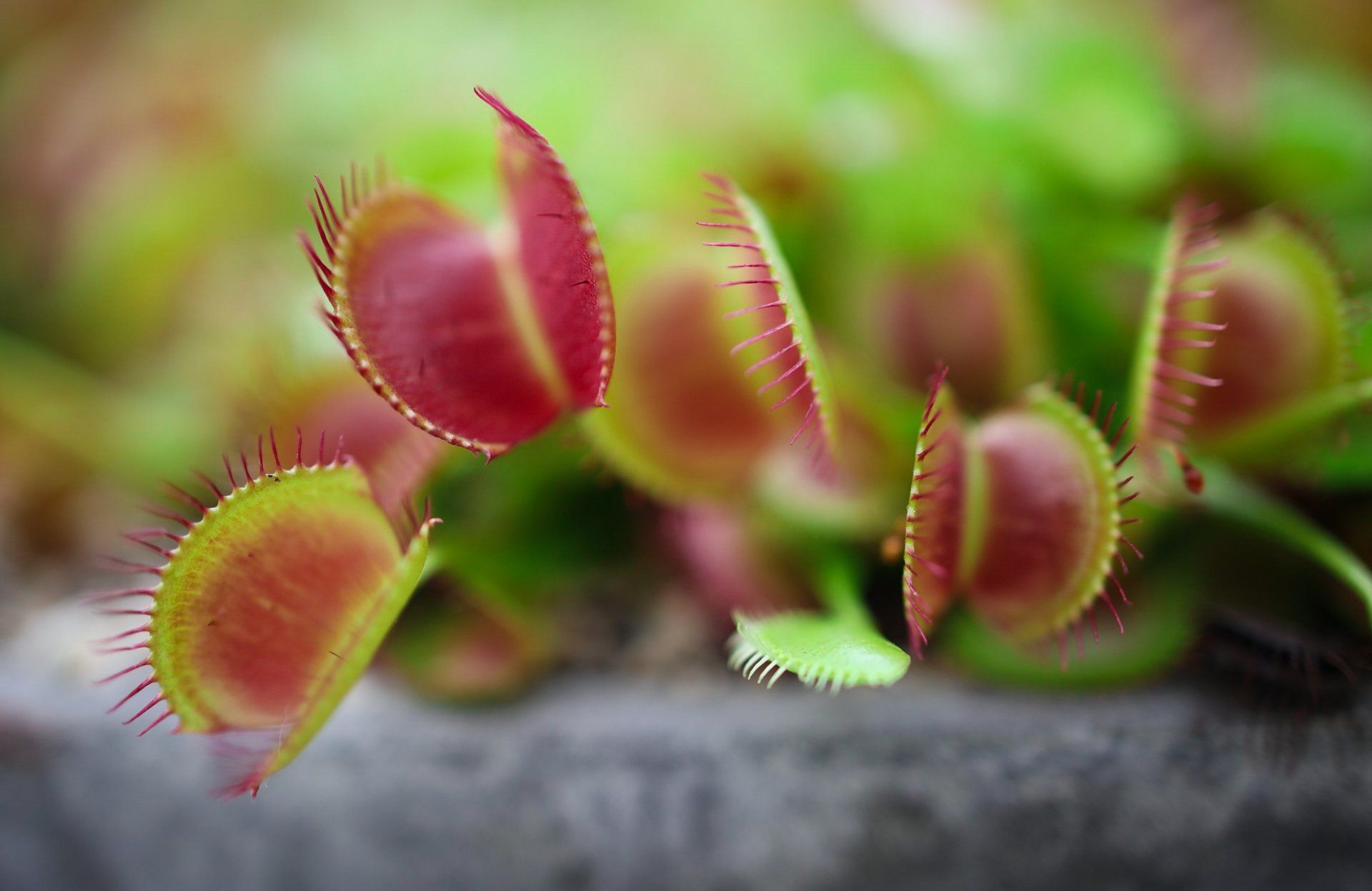What Does Mulch Do?
What Does Mulch Do?
Few substances are as useful for your garden or as often misunderstood as mulch. And even though it is widely acknowledged as a beneficial addition to the landscape, no one understands why. Our team of experts is eager to offer the answers to your questions like "What does mulch do?" And "What is mulch used for?" to ensure you get the most benefit and have an area of your own you've wanted.
What is Mulch?
Mulch can be described as any inorganic or organic substance that is positioned on top of the soil of a garden bed or utilized to create landscape designs. There are a variety of types and varieties of mulch available, there is no single mulch that can provide all the benefits, therefore it is essential to select one that is suitable for your needs precisely according to your location, the type of plant and soil type, as well as other. There are a variety of options to choose from:
Organic
- Since organic mulches are constructed of natural materials, they break down in time, adding important nutrients to the soil.
Bark
- Wood chips are perfect to use in perennial gardens or in the vicinity of trees and shrubs. They can add a touch of elegance to any landscaping. Pine is slightly acidic than other species, making it a great choice for plants that require a more acidic climate.
Compost
- The nutrition-dense compost can be used as a stand-alone mulch or as a nutritious booster for plants, providing the plants with a constant source of carbon and nitrogen. Since it breaks down quickly, you can anticipate adding further mulches of it every month, especially during the growing season.
Lawn Clippings
- Although they can be an effective way to control weeds; however, they should be handled with care as they could create an unpleasant odor as well as hinder the transmission of water or even mat when the layer is thick.
Shredded Leaves
- Leaf mulch attracts earthworms and is an excellent method of disposing of leaves that are accumulating on your property. Since it's a less attractive option, you may wish to keep this mulch in more informal areas of the garden.
Straw
- The straw layer may aid in retaining moisture and prevent weed growth. It can also draw insects and deter rodents and birds. It is decomposed very slow and will last throughout the entire growing season.
Inorganic
Inorganic mulch is a durable alternative that could impede growing weeds; however, it does not provide any nutritional benefit to soil or plants.
Landscape Fabric
- In areas that are not in use or areas where the soil does not require fertilization, the landscape fabric acts as a barrier to weeds. However, it also blocks the flow of water and essential nutrients.
Stones
- Ideal for areas that need aid with drainage or retention.
Benefits of Mulch
In addition to adding to the look of your landscaping, mulch also offers a host of benefits that include:
- Moisture retention
- Weed control
- The prevention of soil erosion
- Keep or enhance the nutritional value of soil
- Pest control
- Attracts earthworms
- Cedar, cypress and pine woods are able to repel ticks, fleas and gnats.
Maintenance and Tips
- Spread the mulch out in layers between one and three inches thick to increase the flow of oxygen and stop the spread of rot.
- Make sure to leave space between the bases of plants or trees to avoid rot or disease.
- Bark mulch or wood mulch must be thoroughly soaked after installation.
- You should consider adding a source of nitrogen in the soil prior to putting down mulch made of wood since the stores could be depleted in the process of decomposition.
Ready to work with Landscaping BlissExperts Regina?
Let's connect! We’re here to help.
Send us a message and we’ll be in touch.
Or give us a call today at 306-900-4743
Landscaping Vancouver Quote
More Tips!
